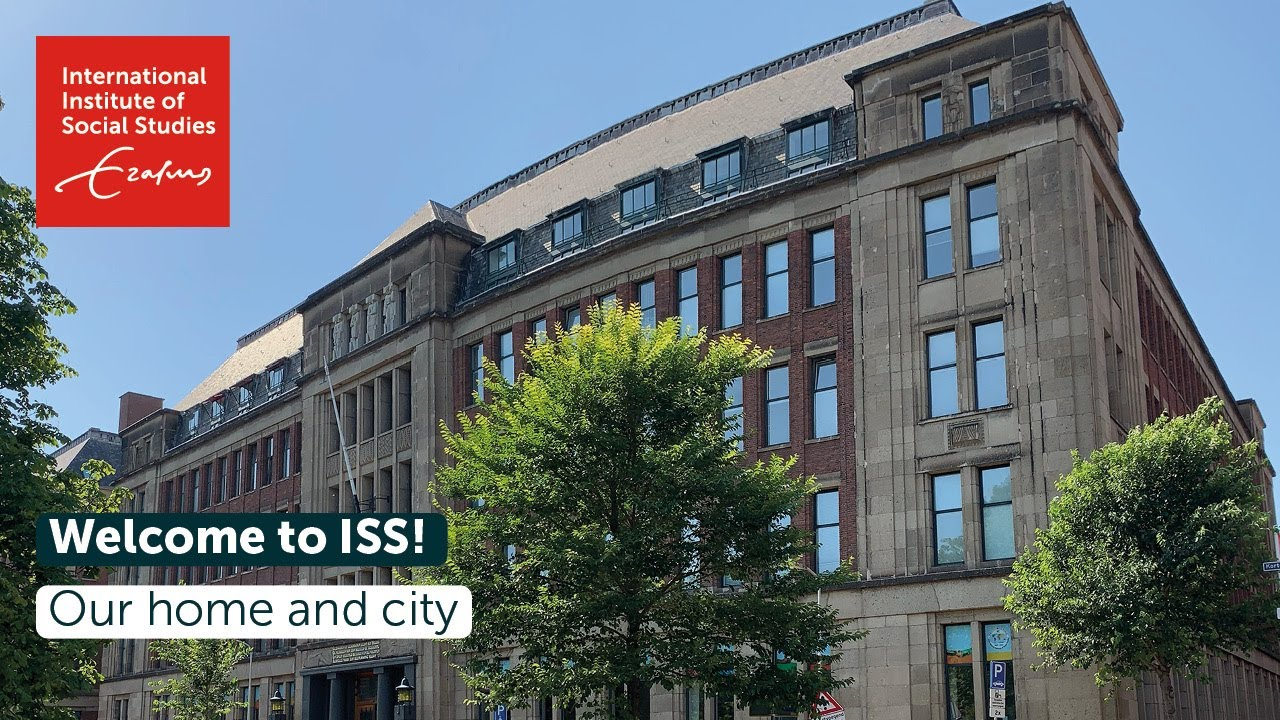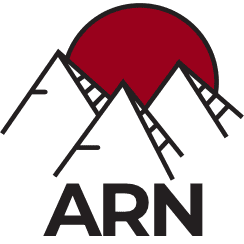
Fourth International Workshop of the Amdo Research Network: Amdo in Transition
4–6 October 2023 at the Institute of Social Studies, The Hague (part of Erasmus University Rotterdam), the Netherlands
Convened by Drumo Kyi & Prof Andrew Fischer
In the context of the intense and compressed transitions that have been occurring in western China over the last several decades, Amdo holds particular interest. 1 It borders Han Chinese regions to the east, like the region of Kham, and has long been a site of cultural interaction between Tibetans, Mongolians, Monguors, Muslims, Han, and other nationalities (Ch. minzu). Hence, it stands as a test case for how Chinese development policies play out in a dynamic, fluid, and diverse ‘borderland’ setting that is less exceptional than the circumstances of the Tibet Autonomous Region, but also very distinct from the neidi areas of China. Of particular interest is how Amdowan Tibetans confront and adapt to the context of rapid urbanisation and other aspects of rapid societal transformation, and work within the constraints of various levels of the state – national, provincial, and local – to reproduce and even reinvent their culture and society in the face of this transformation. Indeed, Amdo has consistently stood out, at least since the beginning of the reform period, as being a dynamic region of social and cultural innovation.
Nor are these attributes of tumult and innovation restricted to the last forty years but have also been evident throughout the 20th and even 19th centuries. As noted in previous ARN workshops, pre-modern Amdo was characterized by high ethnic diversity, unique cultural aspects, and its own major dialect of oral Tibetan. It was on the front line of the rise of fall of successive empires emanating from modern day China and witnessed particular instability during various historical stages. With the establishment of the PRC in 1949, the region was then a focal point for several campaigns that marked the first decades of Maoist rule, although the region remained mostly agrarian until recently. The transformations unleashed since the 1990s have fundamentally changed this agrarian foundation of Amdo society, given rapid urbanization, resettlements, school consolidations, and other state-driven development strategies.
This call for papers seeks to encourage research on these themes of transition and transformation, with a preference to highlight the contemporary context, but also welcoming historical research that explores the legacies of the vibrant tradition in Amdo of societal innovation in the face of tumultuous change. Following the tradition of ARN meetings, this workshop is designed to be deliberately interdisciplinary, and open to scholars inside and outside of academia, although we would particularly like to cultivate contemporary social science research on the region given that this perspective has been underrepresented in scholarship on Amdo despite its crucial importance to understanding the present setting. In addition, the hosting institution – the Institute of Social Studies – is a leading European research and teaching centre in the interdisciplinary social science field of international development studies.
The workshop will be hosted at the Institute of Social Studies in The Hague (part of Erasmus University Rotterdam) on 4–6 October 2023.
A keynote lecture by Prof Tashi Rabgey is tentatively confirmed for 4 October.
Research Proposal Roundtable
As in previous workshops, the ARN will also host a roundtable intended for scholars working on new projects to present an outline of their proposal in a supportive environment. Each participant will be given a short amount of time to introduce their proposal before the floor is opened for discussion. The aim is to create a space for projects which are not yet developed enough for a full paper to be given. Scholars in the early stages of their PhDs are particularly encouraged to apply.
Submission Instructions
Scholars interested to participate should submit a 250 word abstract for consideration to arn@iss.nl, whether for paper presentations or for the research proposal roundtable. Abstracts should be written in English, sent in Word document format, and include name, contact email and affiliation. Abstracts should be submitted to arn@iss.nl by 7 July 2023. Notifications of acceptance will be sent out by 30 July.
Contact
For enquiries about the conference and submission of abstracts, please contact arn@iss.nl
This conference is sponsored by the Political Ecology Research Group of the Institute of Social Studies in The Hague. This includes a limited budget to support scholars from the Global South, or PhD students more generally. Those interested to apply for this funding should include a request and justification in their application.
Because the budget for the conference is limited, we request that participants from the Global North or with institutional funding to cover their costs of travel and accommodation (although the ISS can arrange affordable group rates at nearby hotels). Lunch, dinner and refreshments, however, will be provided.
The Amdo Research Network was established to connect national and international scholars and other interested parties who share common research interests in this region. Its aim is to serve as a platform for exchange and comparison of research project information and published results, and to facilitate easier establishment of research collaborations. The international Amdo Research Network was founded at the Humboldt University of Berlin, within the Tibetan Studies program of the Central-Asian Seminar in 2013.

